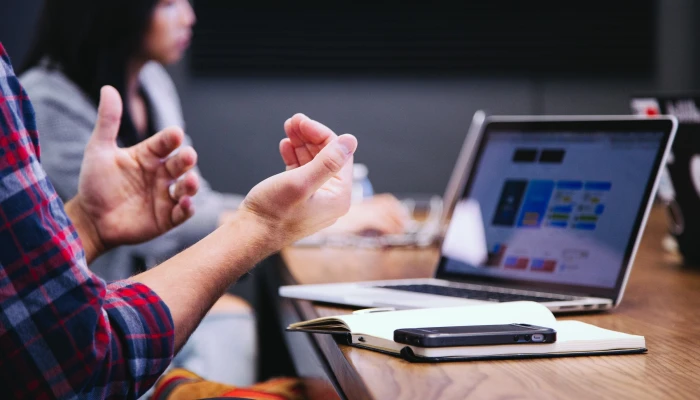Embracing true allyship in the workplace
The Importance of genuine allies for gender equality
In today's workplace, the conversation around gender equality has shifted from mere acknowledgment to active participation. Allies, especially male allies, play a crucial role in supporting gender equality. However, genuine allyship goes beyond supportive words or social media advocacy; it requires concrete actions and a deep understanding of the challenges faced by women in professional settings.
Understanding the gap between perception and reality
Recent studies, including those by Meg A. Warren and Julie Kratz, highlight a significant perception gap between men and women regarding the effectiveness of male allyship. Many men believe they are strong allies, yet their female colleagues often disagree. This discrepancy is not just a matter of opinion; it has tangible effects on women's well-being and their sense of belonging in the workplace. For instance, Warren's study revealed that women often feel less energised and less a part of their workplace environment when their male colleagues' perceived allyship doesn't match their experiences.
Effective allyship strategies
There are multiple strategies that can be adopted by men to enhance their allyship:
- Call out incivilities and microaggressions: Actively intervene when witnessing unfair treatment, such as a woman being interrupted in meetings, and follow up with support afterwards.
- Proactive sponsorship over mentorship: Actively sponsor women's career development, advocating for their progression and opportunities.
- Advocate for Women: Voice support for women's inclusion in projects, promotions, and important roles within the organisation.
- Cultivate curiosity: Ask women colleagues how best you can support them, showing a willingness to understand and act on their perspectives.

Bridging the perception gap
To bridge the perception gap highlighted by Warren, men must move from passive to active allyship. This involves not only recognising inequalities but taking decisive actions to address them. As Kratz suggests, allyship is a continuous journey, not just a title one claims. It requires introspection, a genuine desire to understand and support, and a commitment to act.
Creating a culture of inclusion
For organisations, fostering a culture of inclusion means encouraging and recognising the efforts of genuine allies. It involves creating environments where every member, regardless of gender, feels valued, heard, and supported. Leadership plays a pivotal role in this, by setting examples, providing platforms for open discussions, and implementing policies that promote equity and inclusion.
The impact of genuine allyship
When men actively engage in allyship, the benefits extend beyond individual relationships. It contributes to a more inclusive culture, where diverse perspectives are valued and leveraged for better decision-making and innovation. This environment not only boosts morale but also enhances the overall performance and reputation of the organisation.
Enmasse's insights, combined with research and opinions from experts like Warren and Kratz, emphasize the importance of moving beyond performative gestures to meaningful allyship. Men in the workplace are uniquely positioned to advocate for gender equality and the empowerment of their female colleagues. By embracing these strategies and committing to continuous learning and action, we can collectively build workplaces that are truly equitable and inclusive.
Contact us at Enmasse to explore how we can support your journey to achieving true psychological safety - email enquiries@enmasse2.com
References:
https://www.scientificamerican.com/article/men-think-they-are-strong-workplace-allies-women-disagree/
https://www.thehrdirector.com/ally-without-making/
https://www.health.com/mind-body/health-diversity-inclusion/allyship


